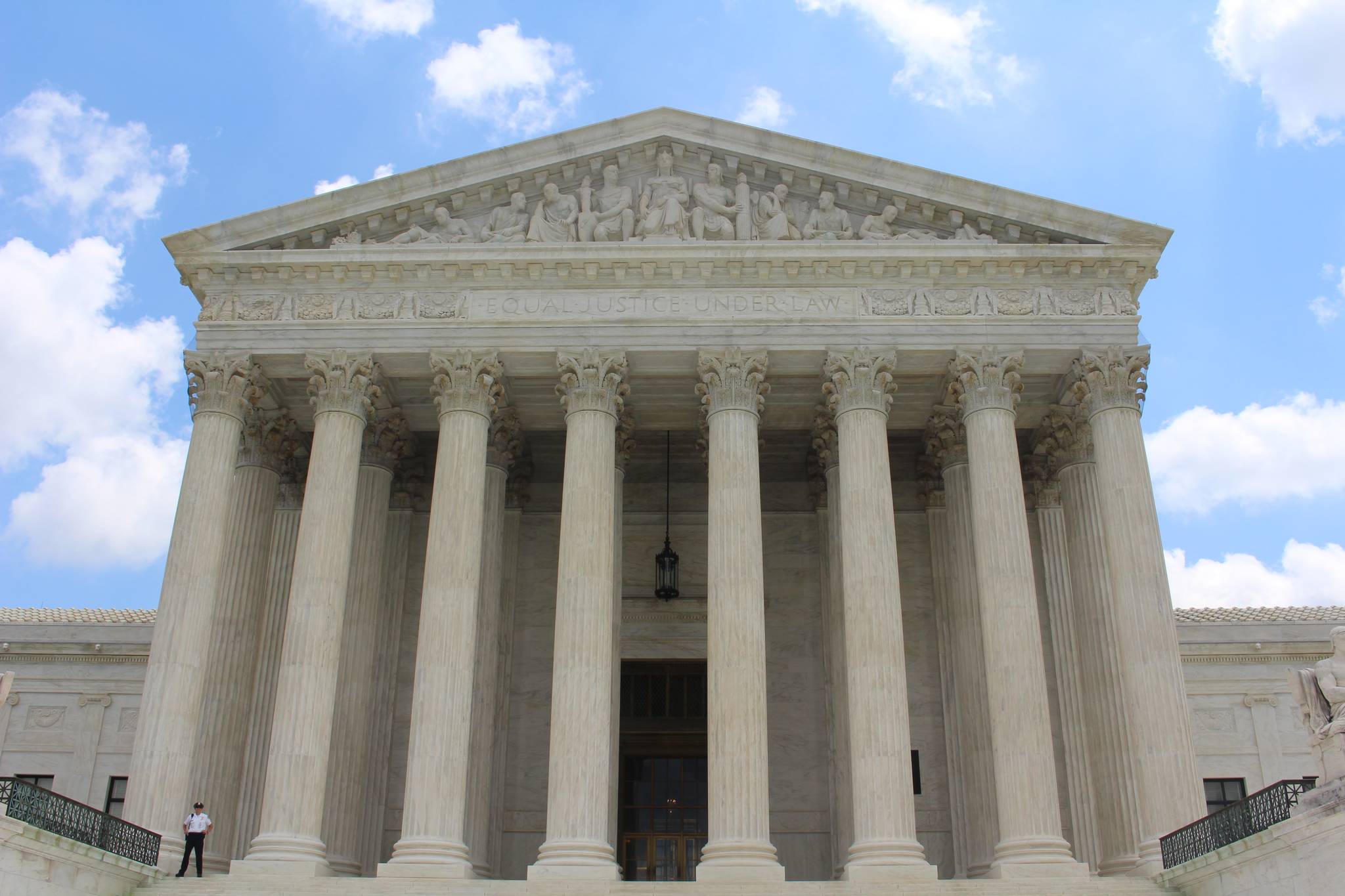The Department of Law and attorneys for Equal Citizens both responded to requests for comment after this article’s initial publication. This article has been updated to reflect that change.
A national debate about campaign donations is taking shape in Alaska.
An Anchorage Superior Court ruled Nov. 4, the Alaska Public Offices Commission (APOC) had failed to enforce contribution limits to political campaigns. APOC has until Monday, Nov. 25 to appeal the decision.
APOC Executive Director Heather Hebdon said the Commission is currently not taking a position on the matter and is consulting with the Department of Law. In an email, Assistant Attorney General Cori Mills said the DOL has no information to share on an appeal. She did note the appeal date may be extended.
Complaints were filed in January 2018 by three individuals who alleged two groups — Interior Voters for John Coghill and Working Families of Alaska — exceeded state limits on campaign contributions.
Alaska limits individual campaign contributions to $500 per year to a single candidate and $1,000 per year to a political group.
Those individuals, Donna Patrick, James Barnett and John Lambert alleged Interior Voters accepted $4,500 from three different individuals and $47,000 from one group and Working Families accepted $150,000 from three different groups.
APOC initially dismissed those complaints, but Patrick and the others sued, and those dismissals were reversed on Nov. 4.
The Commission abused its discretion by not revising an advisory opinion in regards to a series of court decisions that followed the 2010 Citizens United v. Federal Election Commission case, the Nov. 4, decision says.
Citizens United said that corporations and unions could not be prevented from spending money to support or denounce a particular candidate. That case led to a series of other cases decided in federal courts examining local campaign finance laws.
“APOC has the authority (indeed the responsibility) to revisit its advisory opinions as the legal landscape evolves,” wrote Anchorage Superior Court Judge William Morse.
APOC cited Citizens United in its decision to dismissed Patrick’s complaint, but Morse wrote that Alaska’s limits on campaign contributions had survived that decision.
Morse cited a memorandum from the then-Attorney General Dan Sullivan who wrote, “the decision does not directly call into question the constitutionality of any other contribution, expenditure, disclaimer or disclosure law,” according to Morse’s decision. Individuals are still limited to contributing $500 per year to a candidate and $5,000 per year to a political party.”
The Citizens United case set off a debate about the role of money in politics. The New York Times reported in 2010 that, “dissenters said that allowing corporate money to flood the political marketplace would corrupt democracy.”
Alaska’s suit was helped in part by Washington, D.C.-based legal advocacy group Equal Citizens with the expressed intention of taking the case to the U.S. Supreme Court.
“Equal Citizens filed a lawsuit against the Alaska Public Offices Commission …in order to create a case that can work its way up to the U.S. Supreme Court with the goal of eliminating Super PACs across the nation,” a statement from Equal Citizens said.
Jason Harrow, chief counsel and director for Equal Citizens told the Empire in an interview they were encouraging APOC to appeal the decision in order to take the case to a higher court.
• Contact reporter Peter Segall at 523-2228 or psegall@juneauempire.com.

